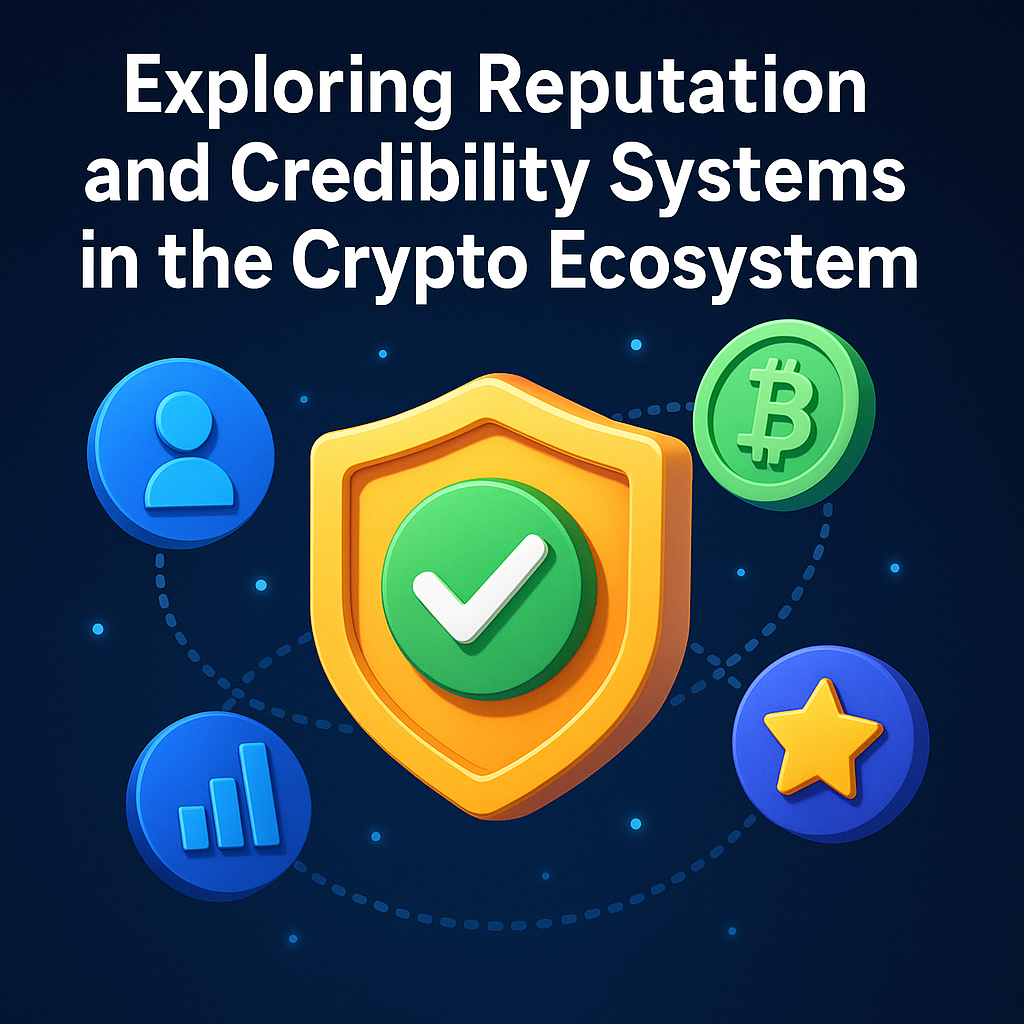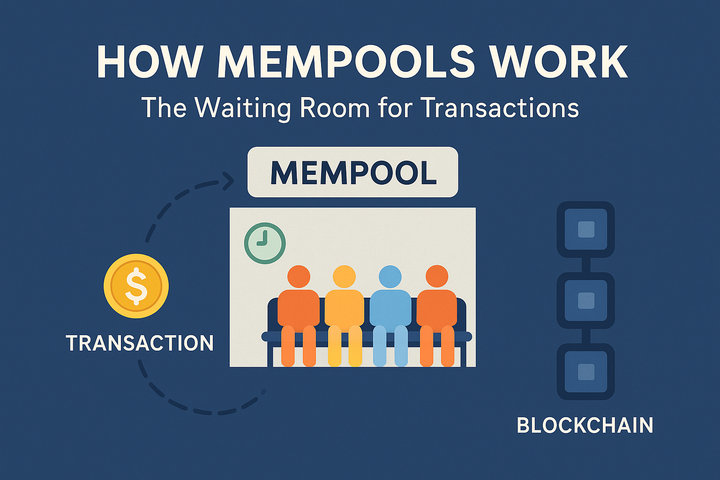Exploring Reputation and Credibility Systems in the Crypto Ecosystem

In a space where wallets outnumber names and pseudonyms reign supreme, one question echoes louder than ever:
Who can we trust in Web3?
Crypto was born to eliminate the need for trust—yet ironically, it's rebuilding it in programmable form. As blockchain matures, reputation is becoming the new currency of credibility, shaping everything from governance power to airdrop access.
Let’s decode how ethos—a person’s or protocol’s reputation—is being built, scored, and leveraged in today’s decentralized world.
🕵️♂️ The Problem: Anons, Sybils, and Signal Overload
Crypto’s permissionless nature is both a superpower and a vulnerability. Anyone can contribute to a DAO, deploy a smart contract, or mint an NFT. But with no LinkedIn, no legal names, and no verified track records, we’re left asking:
- Is this builder legit?
- Did this address actually contribute, or just farm points?
- Can we trust this validator / reviewer / contributor?
Reputation systems aim to answer these questions—without relying on centralized authorities.
🌐 What Is an On-Chain Reputation System?
Think of it as your Web3 resume, but verifiable, modular, and composable. Instead of listing job titles, it logs:
- Votes you cast in DAOs
- Code you shipped to open-source repos
- Protocols you helped bootstrap
- Social or educational contributions
- NFTs, POAPs, or attestations you’ve earned
Your reputation becomes a data layer: visible to protocols, weighted by community consensus, and used to shape how you're treated on-chain.
🔍 Three Reputation Models Emerging in Web3
1. Proof of Action
Earned by doing verifiable tasks. Examples:
- Participating in testnets (e.g. Game of MITO)
- Completing quests (Layer3, Galxe), campaigns (for example, mitosis matrix vault)
- Voting or contributing to governance
- contribution (for example, writng articles in mitosis university or create design/artwork)
These are often tracked via:
- POAPs
- SBTs (Soulbound Tokens)
- EAS (Ethereum Attestation Service)
2. Credibility Curation
Projects like Kaito AI and Mitosis rank users not just by quantity of activity, but quality:
- Did you bring signal to the network?
- Were your posts insightful?
- Are you cited, followed, or forked?
Here, AI and social graphs come into play—creating a more nuanced, human-like assessment of trust.
3. Reputation-Weighted Governance
Instead of 1 token = 1 vote, imagine:
- 1 token + high Ethos Score = 10x influence
- DAO contributors with proven history > whales with no context
Projects like Optimism, Gitcoin, and Agora are exploring how reputation can rebalance power and increase legitimacy in decision-making.
🧩 Real-World Use Cases
- Airdrop Eligibility: Users who voted, wrote, or built get better allocations (e.g. Arbitrum, Mitosis Matrix Vault campaigns)
- Access Rights: Exclusive Discords, beta invites, or governance tiers unlocked via contribution proofs
- Sybil Resistance: Filtering bots in SocialFi and DeFi using reputation-based scoring
- On-chain Credit: Lenders like Spectral and Arkham look at wallet reputations to evaluate risk
⚠️ The Catch: Reputations Are Contextual
Someone who’s a top contributor in one DAO may be irrelevant in another. A meme lord might thrive on Farcaster but hold no sway in Gitcoin voting.
That’s why reputation systems must be:
- Context-aware (domain-specific)
- Privacy-preserving (via ZK proofs or opt-in attestations)
- Composable (usable across dApps, chains, and use cases)
🔮 What’s Next: From Identity to Influence
In the future, your on-chain reputation might unlock:
- Premium lending rates
- Algorithmic DAO seat selection
- Dynamic NFT upgrades
- Personalized staking rewards
- Cross-chain profile passports
Projects are already experimenting:
- Sismo with ZK badges
- Gitcoin Passport for scoring Sybil resistance
- Karma3, Otterspace, and DegenScore for DAO and DeFi credibility
🧠 TL;DR
Reputation is becoming the backbone of trust in crypto—transparent, earned, and transferable.
- Web3 is shifting from proof-of-work to proof-of-worth
- Airdrops, governance, and protocol access are increasingly ethos-based
- The future will be defined by credibility curves, not clout chasing
In the end, the wallets with the deepest ethos may become the most powerful wallets of all.



Comments ()